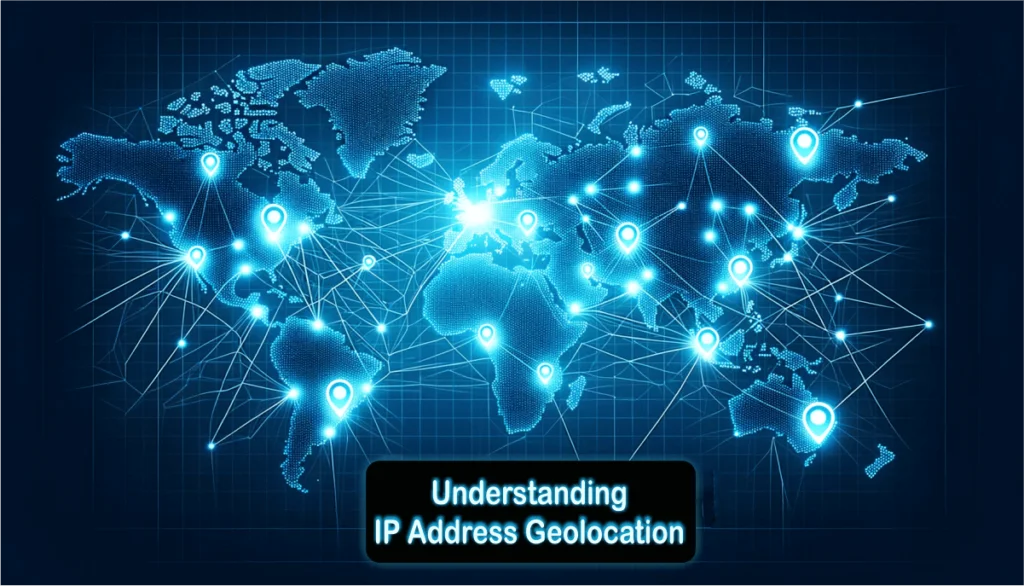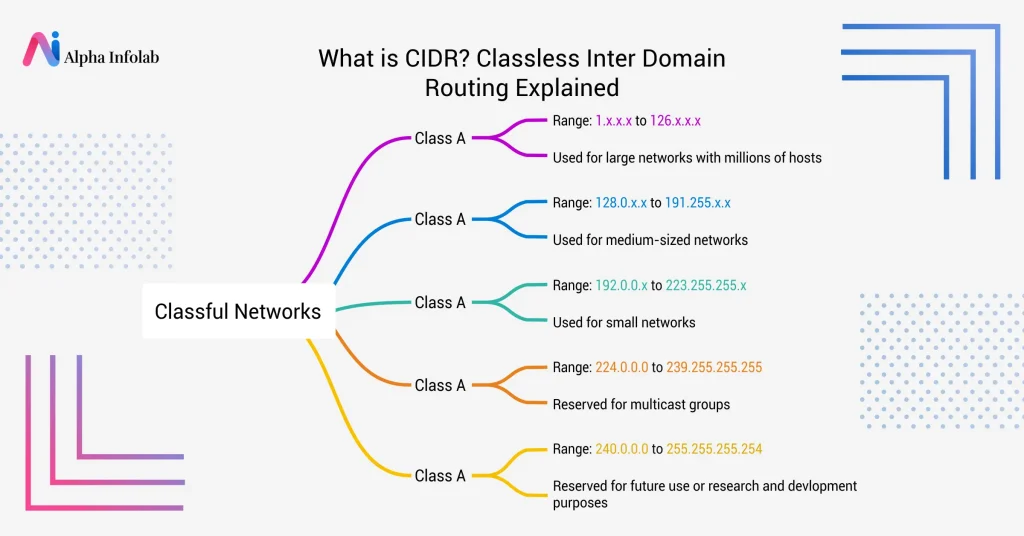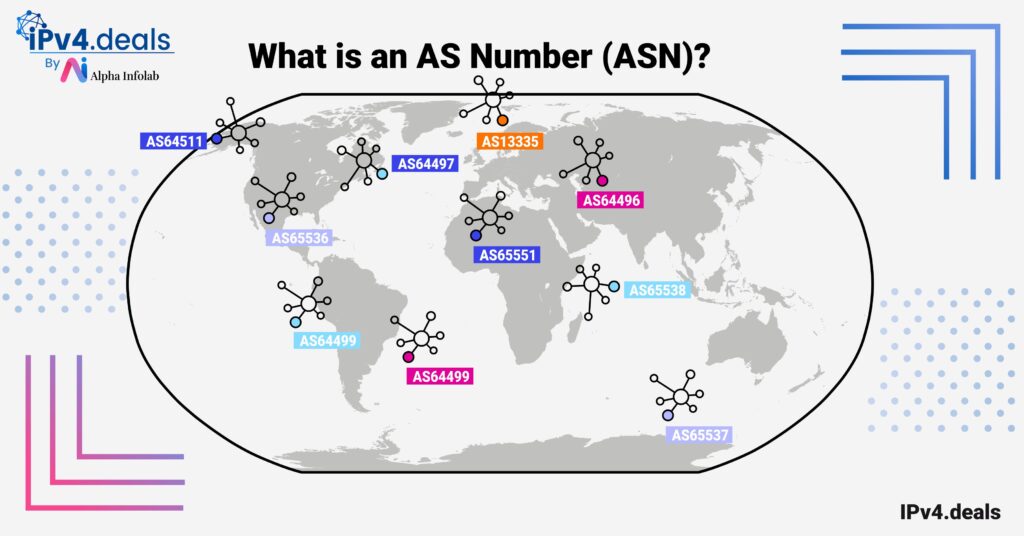IP address geolocation is a technology used to determine the geographical location of a device using its Internet Protocol (IP) address. This process is essential for various online applications and platforms, enabling them to provide localized experiences, adhere to regional laws and regulations, and enhance security measures among other benefits. In this blog post, we will explore what IP address geolocation is, how it works, its challenges in terms of accuracy, and the privacy concerns associated with it.
Table of Contents
How IP Address Geolocation Works
Learn how IP geolocation uses information from databases and real-time data to find where something is located. Identify simple methods like looking up databases and measuring time delays to understand where internet activities come from
Data collection
IP address databases
IP address geolocation primarily relies on databases that map IP addresses to geographical locations. These databases are carefully curated and updated by various organizations, both commercial and non-commercial. The process of mapping involves associating IP addresses with the locations of the Internet Service Providers (ISPs) that own them. This mapping can be done by manually gathering data, utilizing WHOIS data, and analyzing traceroute and BGP (Border Gateway Protocol) data.
Access to these databases can be obtained in several ways. Many organizations offer APIs that allow real-time querying of their databases. Others provide downloadable versions of their databases for offline use. The choice between using an API or a downloadable database can depend on the specific needs of the application, such as the importance of real-time accuracy versus the requirement for offline functionality.
Real-time data gathering
In addition to static databases, some systems gather real-time data to provide more accurate and up-to-date geolocation information. Real-time data gathering can include analysis of network infrastructure, utilization of GPS data where available, and incorporation of user-shared location data. For example, a user may share their location with a website which can then be used to update geolocation databases.
Methods of geolocation
Database lookup
Database lookup is the most straightforward method of IP address geolocation. When an IP address is queried in the database, the corresponding geographical location is returned. This method is favored due to its simplicity and speed. However, the accuracy of the location information obtained depends heavily on the quality and recency of the database being used.
Latency-based geolocation
Latency-based geolocation involves measuring the delay in network communication to estimate the geographical distance between points. By sending packets to the target IP address and measuring the time it takes for the packets to return, an estimation of the distance can be made. This method can be used as a secondary means to verify the results obtained from a database lookup or in scenarios where database information is unavailable or unreliable. While latency-based geolocation can provide valuable supplementary data, it may be affected by numerous factors such as network congestion, routing policies, and the performance of intermediate devices, making it less reliable as a standalone method.
Applications of IP Address Geolocation
Localization and Personalization
Content localization
IP address geolocation enables websites and online platforms to tailor content according to the user’s geographical location. This can include displaying local news, events, or offers that are relevant to the user.
Currency and language adjustments
Websites can automatically adjust the displayed currency and language based on the user’s location, making the browsing experience more user-friendly and intuitive.
Geo-blocking and content restriction
Compliance with local laws
Geo-blocking is used to restrict or modify access to content based on the user’s geographical location. This is often necessary for online platforms to comply with local laws and regulations.
Licensing agreements
Content providers often have licensing agreements that only allow their content to be accessed from certain geographical locations. IP address geolocation enables them to enforce these agreements by restricting access to users from unauthorized locations.
Fraud prevention and security
Identifying suspicious activity
Businesses can use IP geolocation to identify and respond to suspicious activities. For instance, multiple login attempts from different geographical locations in a short period might indicate fraudulent activity.
Enhancing cybersecurity measures
IP geolocation can be used to enhance cybersecurity measures by restricting access to sensitive systems to certain geographical locations.
Analytics and marketing
Audience segmentation
IP geolocation allows businesses to segment their audience based on geographical location, which can be invaluable for targeted marketing campaigns.
Targeted advertising
Advertisers can use IP geolocation to display ads that are relevant to the user’s location, increasing the likelihood of engagement.
Network management
Troubleshooting network issues
Network administrators can use IP geolocation to identify and troubleshoot network issues, such as routing problems or network outages.
Routing optimization
IP geolocation can also be used to optimize routing paths, ensuring data travels through the most efficient routes, improving network performance and reducing latency.
Accuracy and Limitations of IP Geolocation
Levels of accuracy: Country, Region, City
IP address geolocation can provide varying levels of accuracy, typically being more accurate at broader geographical scopes like country or region, and less accurate at finer scopes like city or exact location. The accuracy is usually high at the country level, but as the geographical scope narrows down, the accuracy tends to decrease.
Factors affecting accuracy
VPNs and proxy servers
The use of VPNs (Virtual Private Networks) and proxy servers can significantly affect the accuracy of IP geolocation as they mask the true IP address of a user, making it appear as though they are located in a different geographical location.
Mobile IP addresses
Mobile devices often have IP addresses that change frequently or are associated with large geographical areas, which can pose challenges for IP geolocation accuracy.
Outdated databases
The accuracy of IP geolocation is heavily dependent on the databases used. Outdated or poorly maintained databases can provide incorrect or outdated geolocation information.
Network congestion and routing policies
In the case of latency-based geolocation, network congestion, and routing policies can affect the accuracy by altering the latency measurements used to estimate location.
Privacy Concerns and Ethical Considerations
Privacy laws and regulations
Various laws and regulations govern the collection and use of geolocation data. Adherence to these laws is crucial to ensure the ethical use of IP address geolocation.
Ethical handling of geolocation data
Ethical handling of geolocation data involves obtaining user consent, providing clear privacy policies, and ensuring data security to protect user privacy.
User consent and transparency
Obtaining user consent before collecting or using geolocation data and being transparent about how this data will be used are essential practices to maintain trust and follow legal and ethical standards.
In summary
IP address geolocation is an important technology that serves various purposes online. It helps in delivering localized content, complying with regional legal and licensing requirements, enhancing security, and enabling targeted marketing efforts.
The accuracy of IP geolocation is subject to several factors including the use of VPNs, mobile IP addresses, and the quality of the geolocation databases. Additionally, the ethical use of IP geolocation necessitates adherence to privacy laws, obtaining user consent, and ensuring transparency on how geolocation data is used.
Moving forward, the development of IP address geolocation will be influenced by advancements in related technologies and the evolving landscape of online privacy laws. Accurate and ethical geolocation practices will continue to be essential for providing personalized, lawful, and secure online experiences.
Frequently Asked Questions
What is IP Geolocation?
IP address geolocation is the process of determining the geographical location of a device using its Internet Protocol (IP) address.
Why is IP Address Geolocation important?
It’s essential for various online applications and platforms for localization, geo-blocking, fraud prevention, analytics, marketing, and network management.
How accurate is IP Geolocation?
The accuracy varies, being higher at broader geographical scopes like country level and lower at finer scopes like city or exact location. Factors like VPNs, mobile IP addresses, and outdated databases can affect accuracy.
What are the privacy concerns with IP Address Geolocation?
Privacy concerns arise when geolocation data is collected or used without user consent. It’s essential to adhere to privacy laws, obtain user consent, and provide transparency on how geolocation data is used.
How can I improve the accuracy of IP Address Geolocation?
Improving accuracy can be achieved by using updated and reputable geolocation databases, utilizing real time data-gathering methods, and employing supplementary geolocation techniques like latency-based geolocation.
How are businesses utilizing IP Address Geolocation?
Businesses use it for localizing content, adhering to regional laws and licensing agreements, identifying suspicious activity for fraud prevention, targeted advertising, and optimizing network performance.
Can IP Geolocation be bypassed?
Yes, it can be bypassed using VPNs or proxy servers that mask the true IP address of a user, making it appear as if they are located in a different geographical location.
Can IP Address Geolocation determine the exact address of a device?
No, IP address geolocation can provide a general area such as the city or region, but it cannot determine the exact address of a device due to its inherent limitations and privacy concerns.
Are there alternatives to IP Address Geolocation for determining location?
Yes, alternatives include GPS (Global Positioning System) for devices with GPS capabilities, and HTML5 Geolocation API which asks the user for permission to share their location.
How often are IP Geolocation databases updated?
The frequency of updates varies among different database providers. Some update daily, while others may update weekly or monthly. It’s crucial to choose a database provider that offers frequent updates to ensure accuracy.
What are the common errors in IP Address Geolocation?
Common errors include outdated location information, incorrect mapping of IP addresses, and inaccuracies due to dynamic IP address allocation or usage of VPNs and proxies.
Can IP Geolocation work with IPv6 addresses?
Yes, IP address geolocation works with both IPv4 and IPv6 addresses. However, the coverage and accuracy might vary depending on the database and the geolocation service provider.





